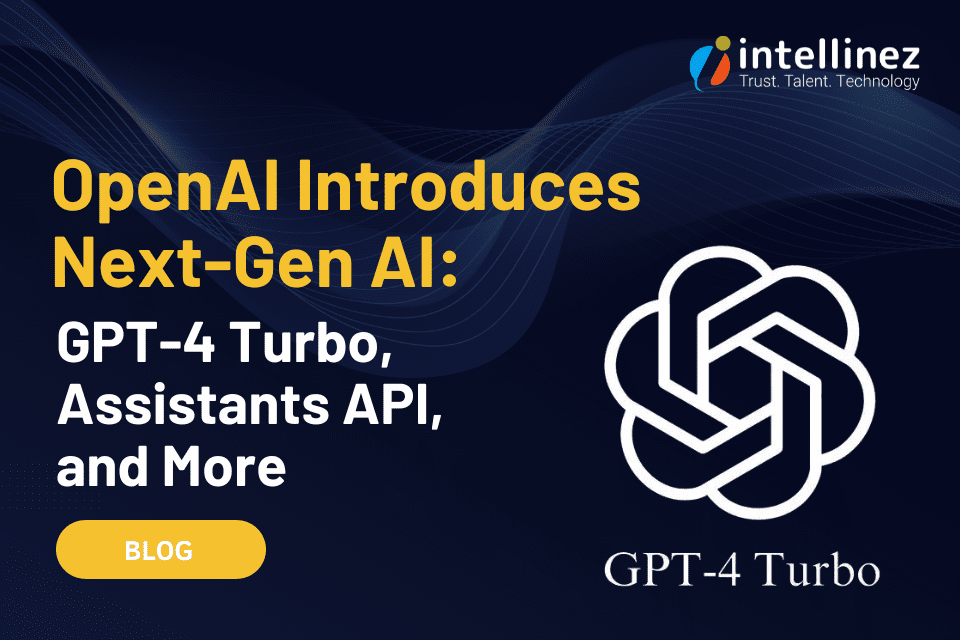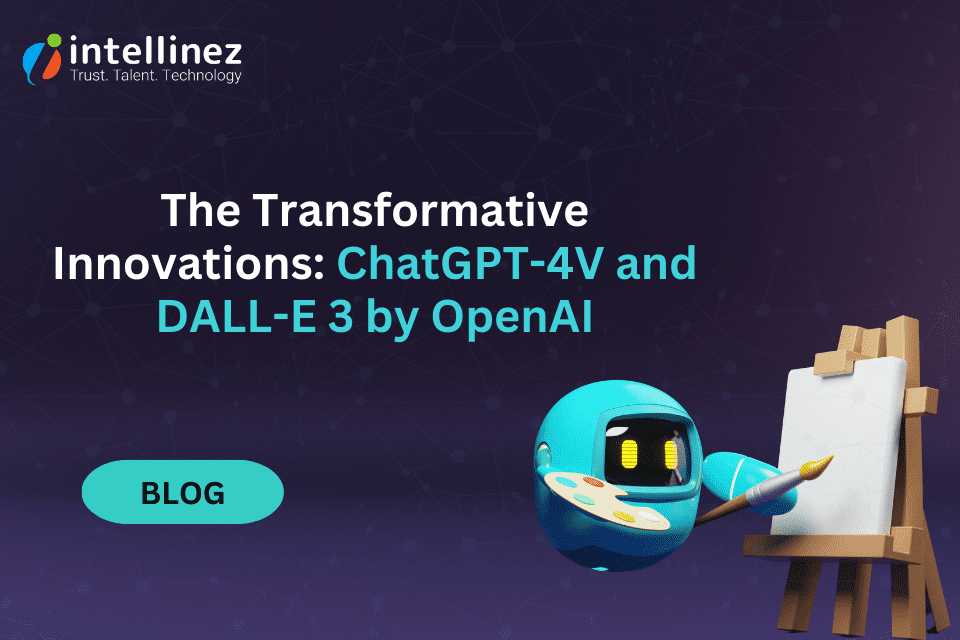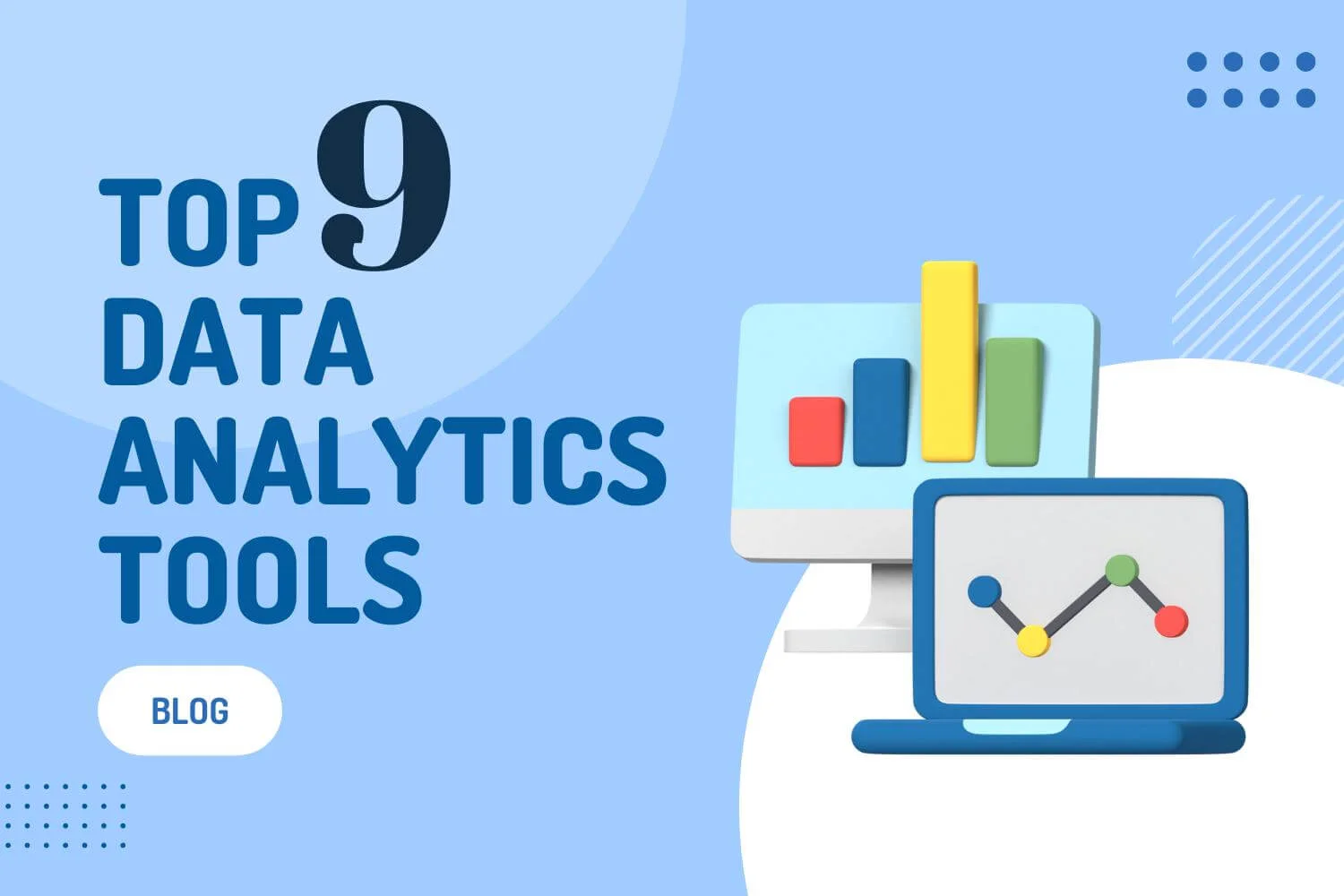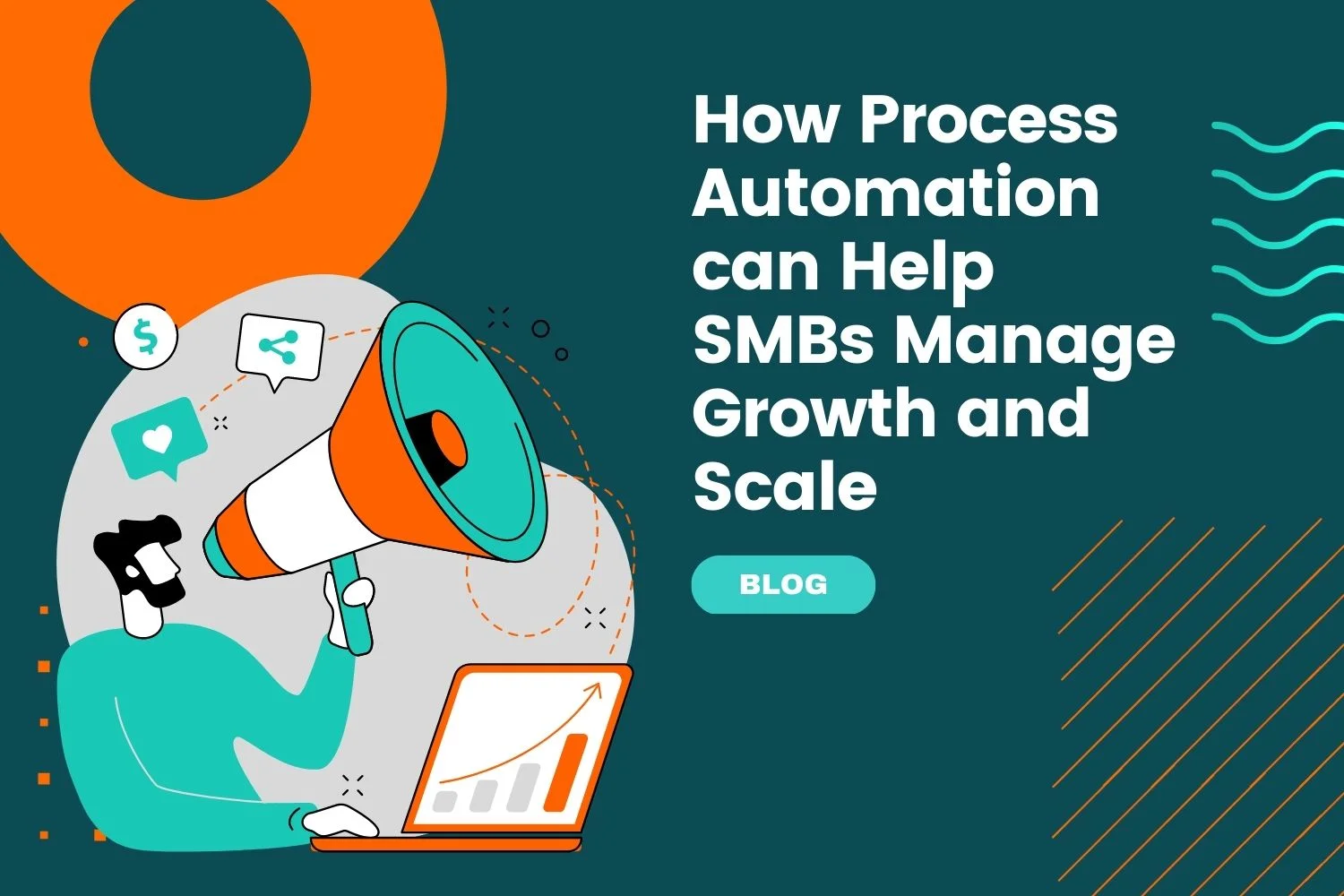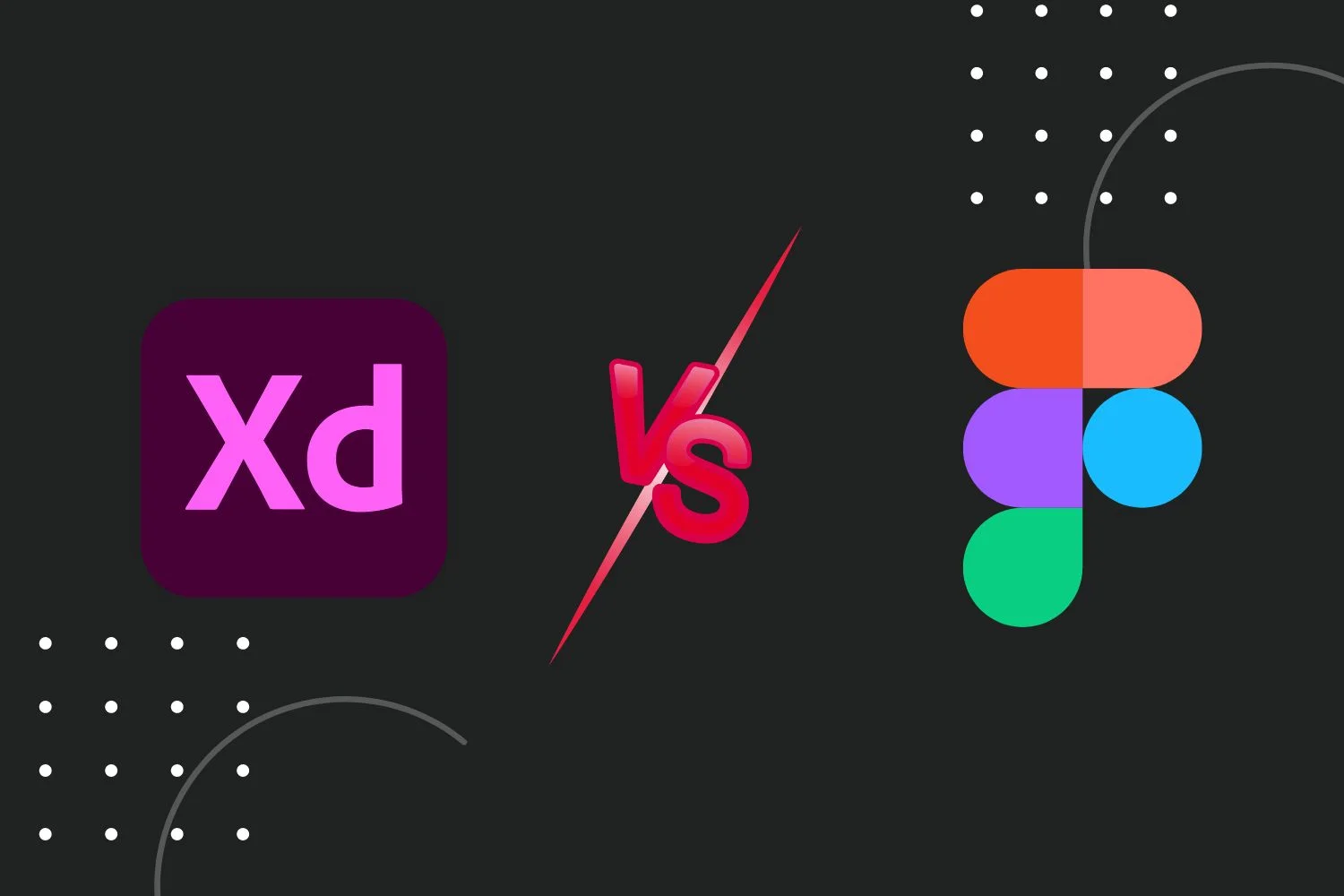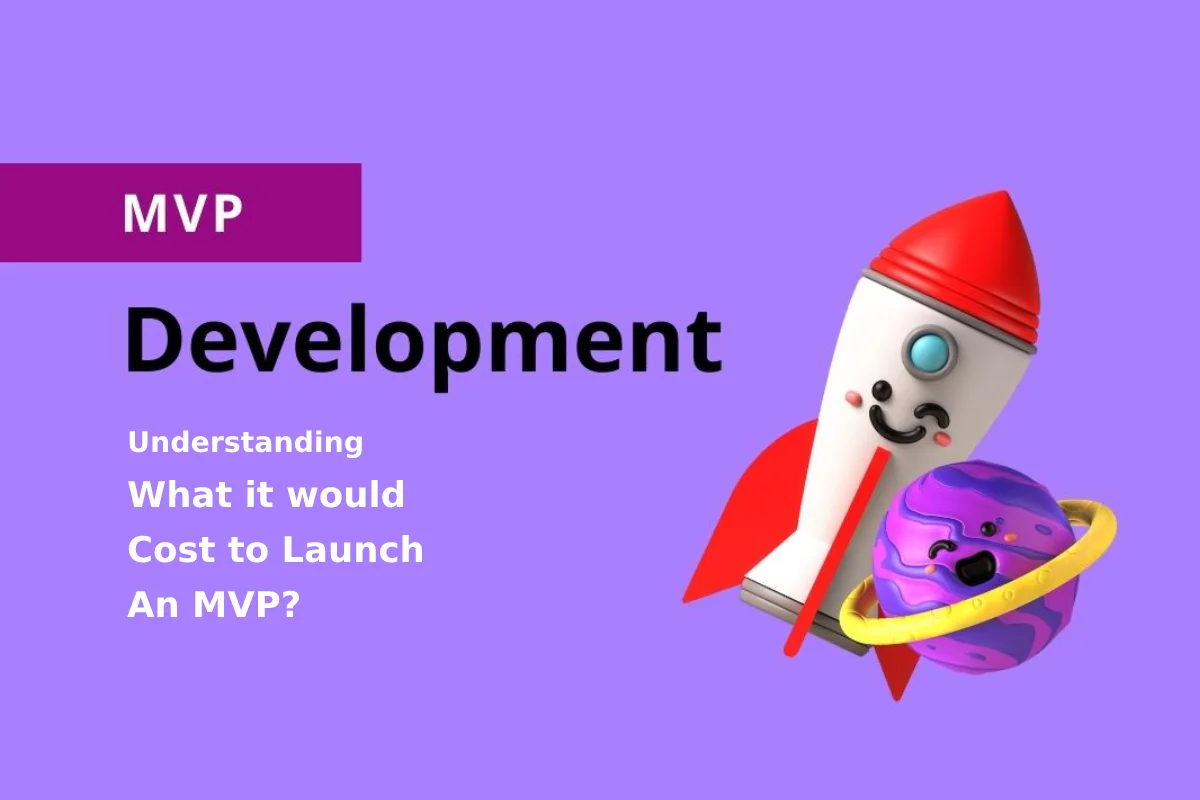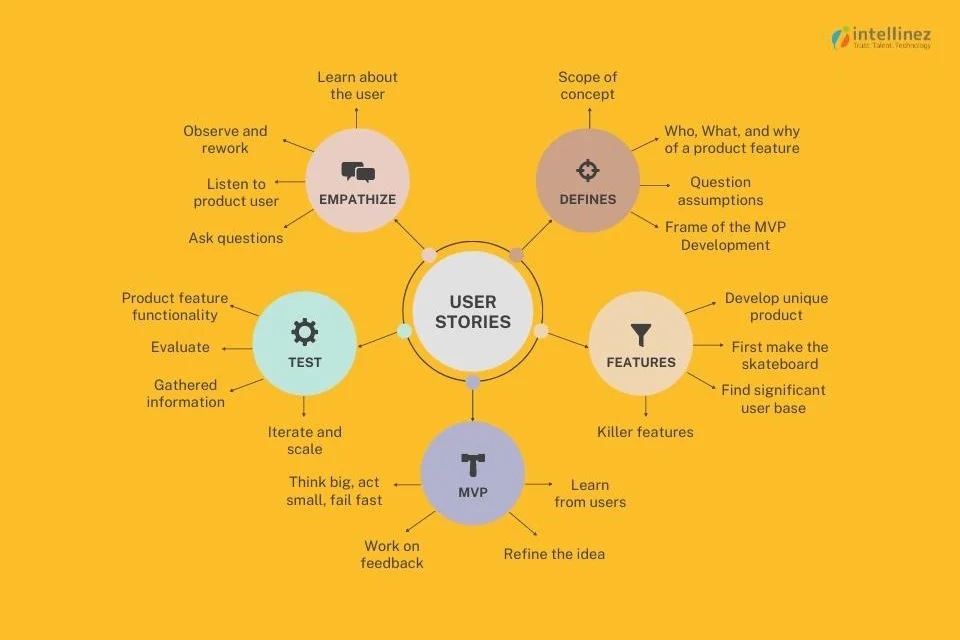Table of Contents
Knowledge acquisition is a gradual process that never stops. Every day, the world brings so many new things to the table, and thus, learning is necessary to keep up with the rapid evolution, particularly in the technological space.
If we talk about tech teams only, they must stay updated about the latest technologies, tools, and frameworks to stay ahead of the technological curve.
As innovations emerge, proper knowledge management becomes paramount. Companies which lack appropriate knowledge management systems in place pose additional challenges for tech teams pushing them behind the competition.
We are at a point where we can leverage technology to learn about technology and everything else. Yes, you heard it right. With the emergence of artificial intelligence, learning in all aspects has become smart.
Mostly organizations have an internal set of resources for their employees from where they can get the required business knowledge. But sometimes, managing vast volumes of learning resources becomes challenging for companies.
To help them with the same, Intellinez Systems developed a smart knowledge management system leveraging artificial intelligence and document retrieval. We like to call it DocQuest.
This system will help organizations in revolutionizing their knowledge management process. Organizations have numerous issues related to knowledge transfer and management within themselves.
This blog will delve into the specific benefits of our smart AI-powered knowledge management system and how it addresses various knowledge-management-related pain points with great ease.
Understanding Challenges in Knowledge Management
Organizations use multiple knowledge management systems but still often struggle with the dynamic needs of the teams when it comes to knowledge. Here are some of the common issues faced by organizations related to traditional knowledge management systems:
Information Overload
Retrieving and managing information with large volumes of data can be difficult and overwhelming, resulting in inefficiency. Consequently, retrieving information becomes a hassle, consuming a lot of time while yielding low accuracy.
Fragmented Knowledge Repositories
Generally, the documents are stored across multiple platforms, databases, and repositories creating data silos, hindering the overall process of knowledge retrieval and making management more difficult. So, it consumes a lot of time in searching for the right document that directly impacts the productivity of people negatively.
Outdated Information
In today’s day and age, information doesn’t take much time to become outdated. Hence, using a traditional knowledge management system makes it difficult to keep information up-to-date and discard useless information promptly. It sometimes leads to the usage of inaccurate and irrelevant data, which can impact various business operations and functions badly.
Manual Documentation and Categorization
A lot of manual effort for documentation and categorization is required for traditional systems. Human errors like inconsistency and subjectivity are common in manual work, which can lead to incomplete, wrong records, lack of standardization, and misfiled documentation.
Limited Search Capabilities
Keyword matching is one of the basic and main search functionalities in traditional systems. Such functionality sometimes may not be able to capture the relevancy of information required by the user which can lead to users missing important documents leading to inefficiency and frustration. The above challenges necessitate a smart knowledge management system powered by advanced technologies. A knowledge management system equipped with AI and document retrieval functionalities is a one-of-a-kind system that can resolve all the above issues easily, helping organizations in streamlining their processes and improving overall knowledge management process.
Key Features of AI-Powered Knowledge Management Systems

The smart knowledge management system is developed using AI and document retrieval and comes up with the following valuable features:
- Intelligent Search
AI-based knowledge management system delivers more relevant results for search queries by understanding the context and meaning behind them. It also considers the previous interactions of the user and the current context to provide more related information. It also allows the user to search through voice commands making it more accessible and user-friendly.
- Automated Categorization and Tagging
The system employs machine learning algorithmsto categorize and tag documents automatically based on their content and hence reduce the need for manual intervention. Using the techniques of ML, it also keeps learning from new data to improve the relevancy of categorization and tags.
- Natural Language Processing (NLP)
A smart knowledge management system generates concise summaries of long-form documents, which helps users to get an understanding of the main points of content without going through the entire text. It can also analyze sentiments expressed in documents that helps users understand the tone and context of the content.
- Comprehensive Document Upload & Retrieval
It also has a feature where users can upload documents like reports, contracts, and policies that too are in different formats. Then later, they can retrieve information from the same doc by entering simple prompts to the AI assistant.
- User Personalization
It adapts to individual user behavior, offering a personalized experience that evolves as the system learns more about the user’s needs and preferences. With these features, the AI-based knowledge management system enhances efficiency, accuracy, and user experience. By enabling natural language and keyword-based queries, the tool provides precise, context-aware answers from within the uploaded documents, significantly reducing the time spent searching for information and enhancing decision-making processes. Whether it’s onboarding new developers, resolving critical bugs, or collaborating on new features, DocQuest empowers tech teams to streamline their operations, improve collaboration, and achieve greater productivity.
Benefits of an AI-Based Knowledge Management System

Using such a tool for knowledge management in an organization, especially for tech teams that are supporting a digital product, can significantly enhance their efficiency, collaboration, and problem-solving capabilities. Here are some of the benefits that this smart knowledge management offers to tech teams:
Centralized Knowledge Repository
It provides a centralized document repository for the whole document and maintains versions of those documents to ensure that the team is getting up-to-date information.
Advanced Search and Query
Users can find quick answers to their queries using NLP and keyword-based search. AI-based knowledge management systems will also help them to get key insights from the documents which will save a lot of time and effort.
Onboarding and Training
The smart knowledge management system will assist organizations onboard and train professionals with quick information access to onboarding documents and training materials. It also helps to make the training process more interactive and engaging.
Collaboration and Knowledge Sharing
Document retrieval and sharing is made easy with smart knowledge management systems, hence promoting a culture of knowledge sharing in the organization.
Troubleshooting and Support
Users can quickly get access to historical data such as past troubleshooting guides, incident reports, and solutions to recurring issues speeding up the troubleshooting process.
Project Management and Documentation
The AI-powered knowledge management can store data in project-related documents, including project plans, timelines, and meeting notes in different project repositories to make information retrieval easier, aiding better project management and execution.
Conclusion
Futuristically speaking, this AI-based knowledge management system has the potential to transform the entire knowledge management process, especially in organizations that have large amounts of in-house data for multiple levels of operations. They can make the best use of DocQuest to enhance their knowledge management practices, leading to improved efficiency, faster problem resolution, and better overall team collaboration.
FAQs
1. What is an AI-powered knowledge management system?
An AI-powered knowledge management system uses artificial intelligence and document retrieval technologies to organize, manage, and retrieve information more efficiently and accurately.
2. How does AI improve the search functionality in knowledge management systems?
AI enhances search functionality by understanding the context and intent behind queries, delivering more relevant results through semantic and contextual search, and allowing for voice search capabilities.
3. What are the main benefits of automated categorization and tagging?
Automated categorization and tagging reduce manual effort, minimize human errors, ensure consistency, and continuously improve accuracy by learning from new data.
4. How does Natural Language Processing (NLP) enhance user experience in these systems?
NLP provides concise document summaries, sentiment analysis, and language translation, making information more accessible, understandable, and relevant to users’ needs.
5. Can AI-powered knowledge management systems assist in onboarding and training new employees?
Yes, they offer quick access to onboarding documents and training materials, making the training process more interactive, efficient, and engaging for new employees.
Embark on a transformative AI journey with Intellinez Systems
If you are also looking for such a smart knowledge management tool for your organization to help your tech teams or other teams streamline the process of knowledge, acquisition, transfer, and management then this is the right tool to rely on. Contact Intellinez today to help you with the development and implementation of AI-based knowledge management tools and take your knowledge management process to the next level.
- link slot777
- slot pulsa
- slot bet 200
- https://cdocencia.xoc.uam.mx/
- rejekibet
- https://mgapress.com.br/assessoria-de-imprensa/
- https://www.intersmartsolution.com/erp-solutions/
- https://cvworld.in/seo-services/
- slot pulsa 5000
- slot deposit 5000
- slot deposit pulsa
- https://ksquare99.com/culture.html
- https://intersmart.ae/our-works/
- https://astrologerparduman.com/blogs/
- https://gluesys.com/






































![A Comprehensive Guide to AWS SaaS Architecture [Diagram Included] 85 Aws SaaS Architecture](http://www.intellinez.com/wp-content/uploads/2024/08/Title-image.jpg)
